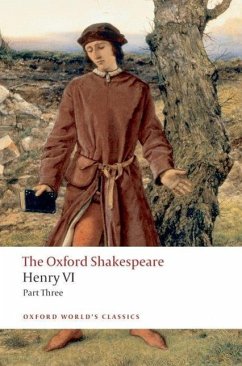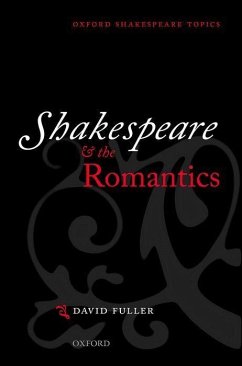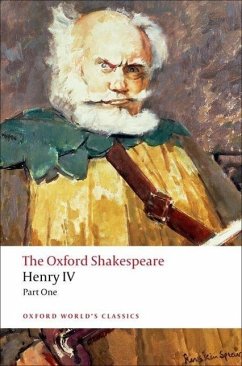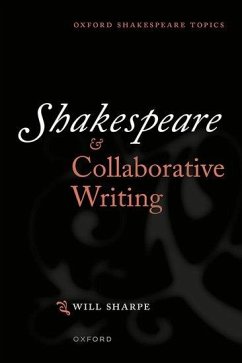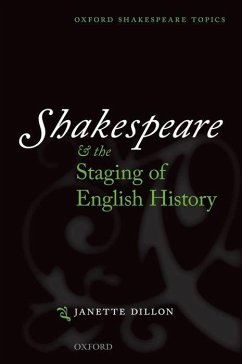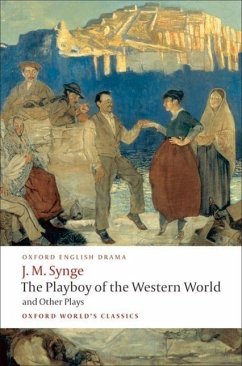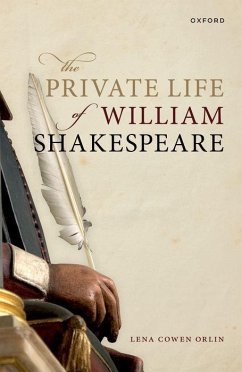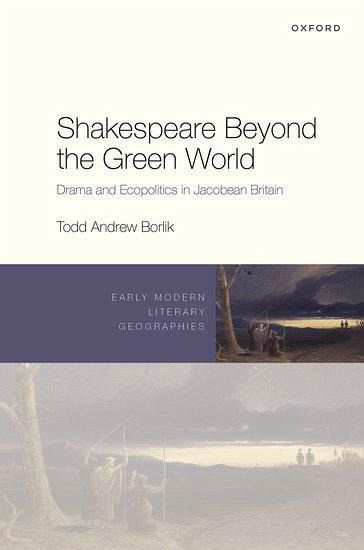
Shakespeare Beyond the Green World
Drama and Ecopolitics in Jacobean Britain
Versandkostenfrei!
Versandfertig in über 4 Wochen
113,99 €
inkl. MwSt.

PAYBACK Punkte
57 °P sammeln!
Unpicking the ecopolitics of Shakespeare's plays at the Stuart court, this book establishes that the playwright was remarkably attentive to the environmental issues of his era. Combining environmental history with close readings of Shakespearean wordplay, original typography, and performance conditions, this study re-wilds the Renaissance stage.



